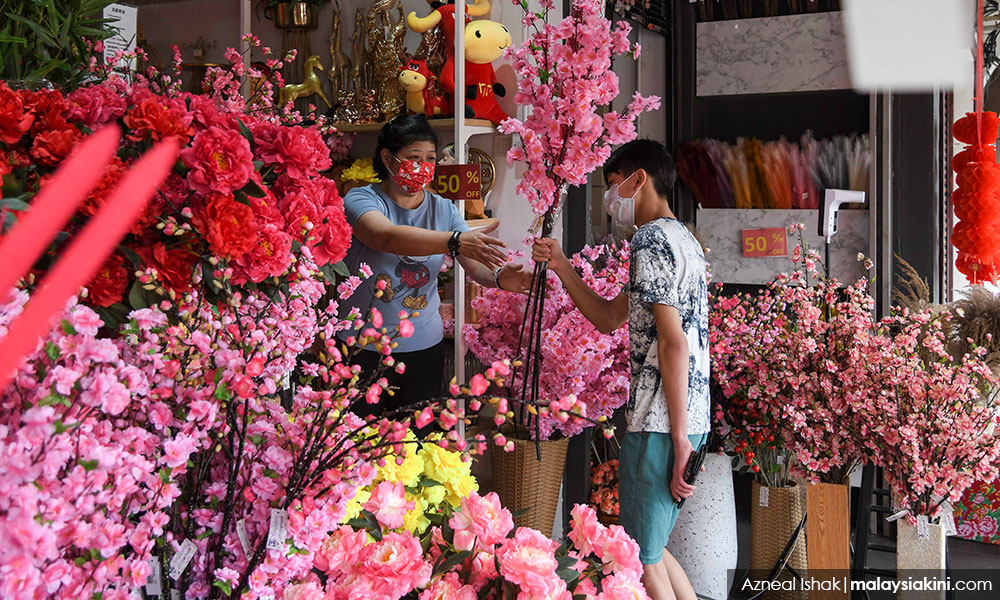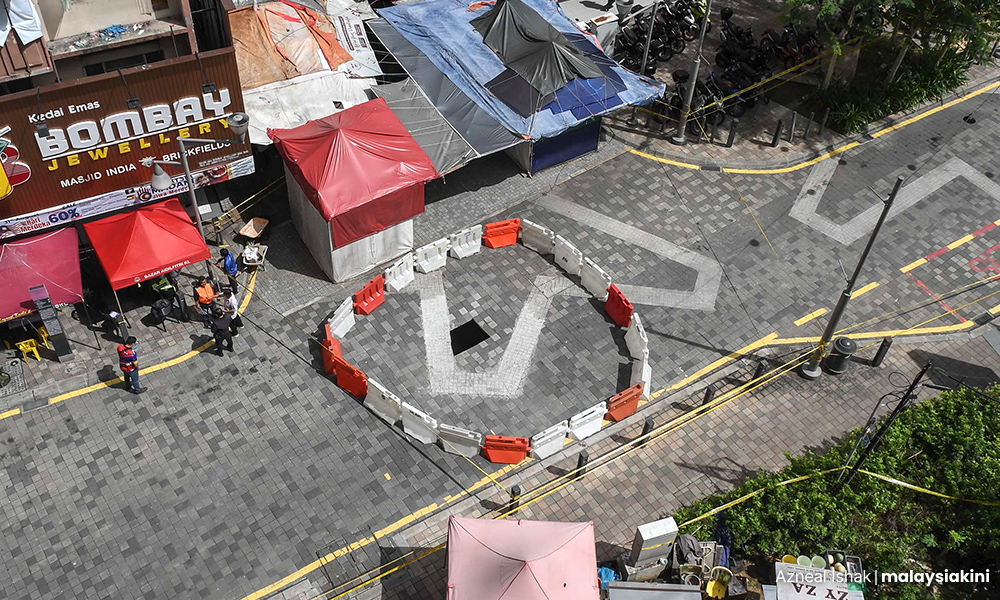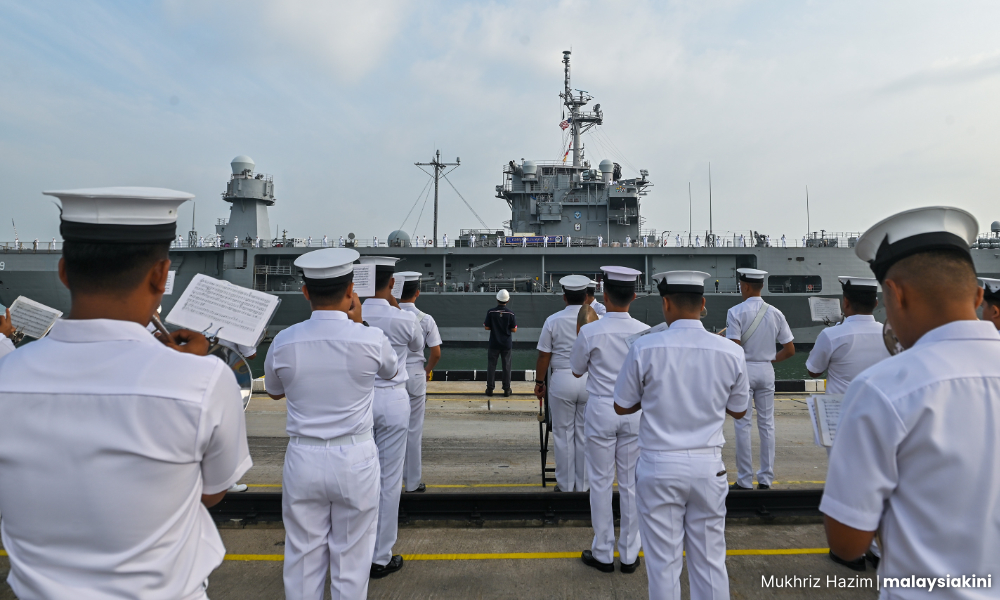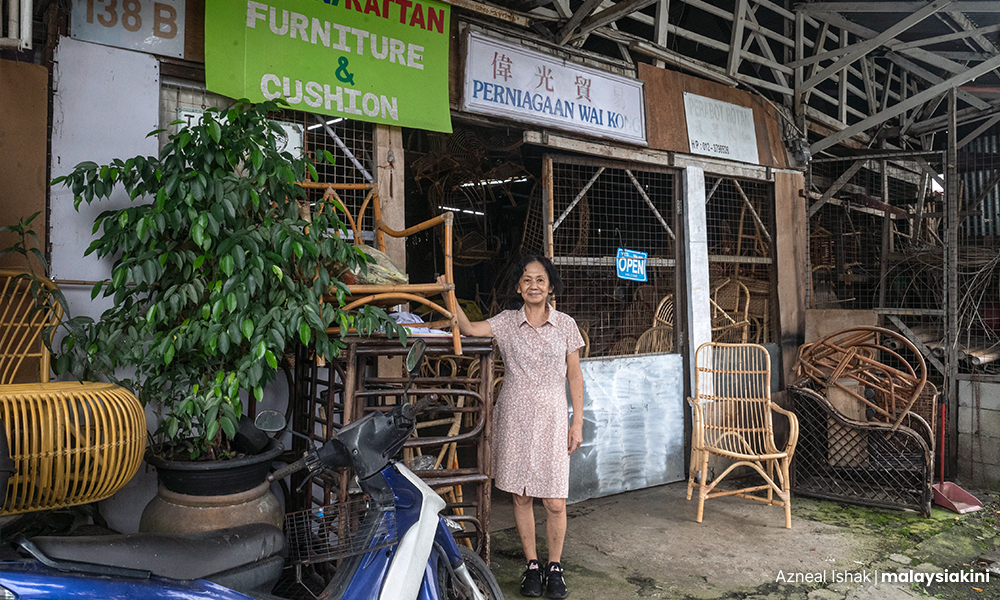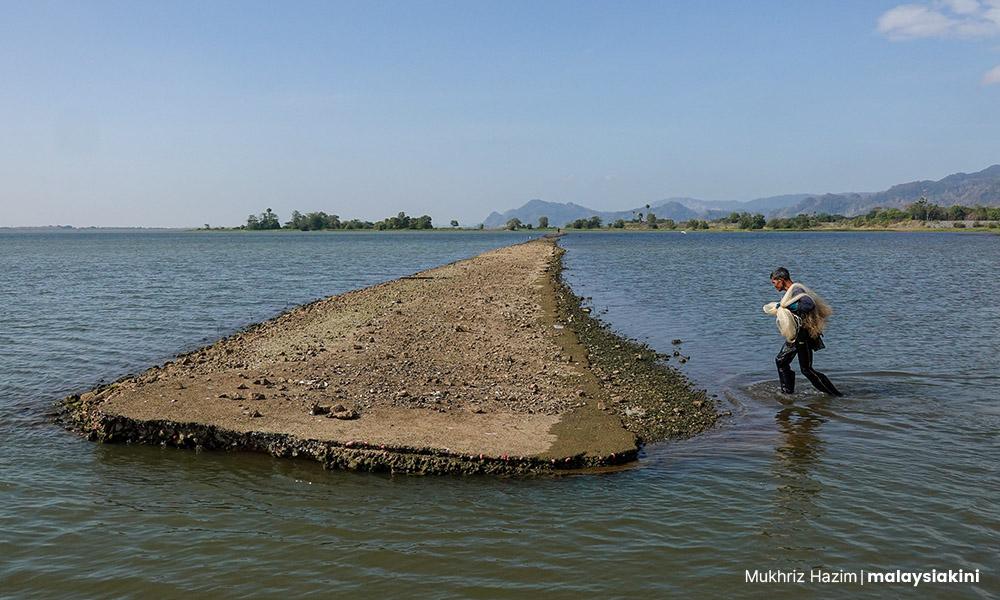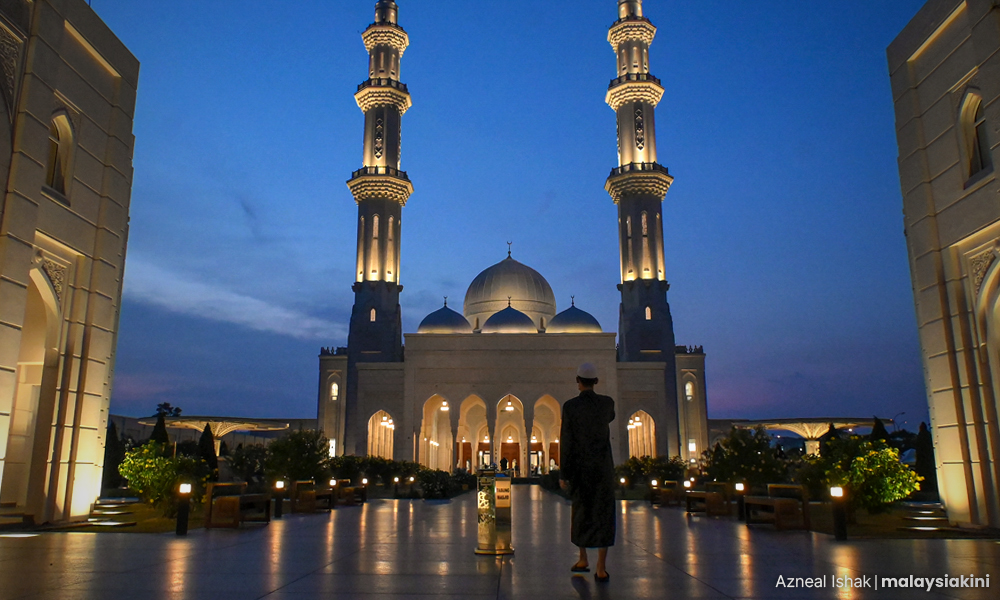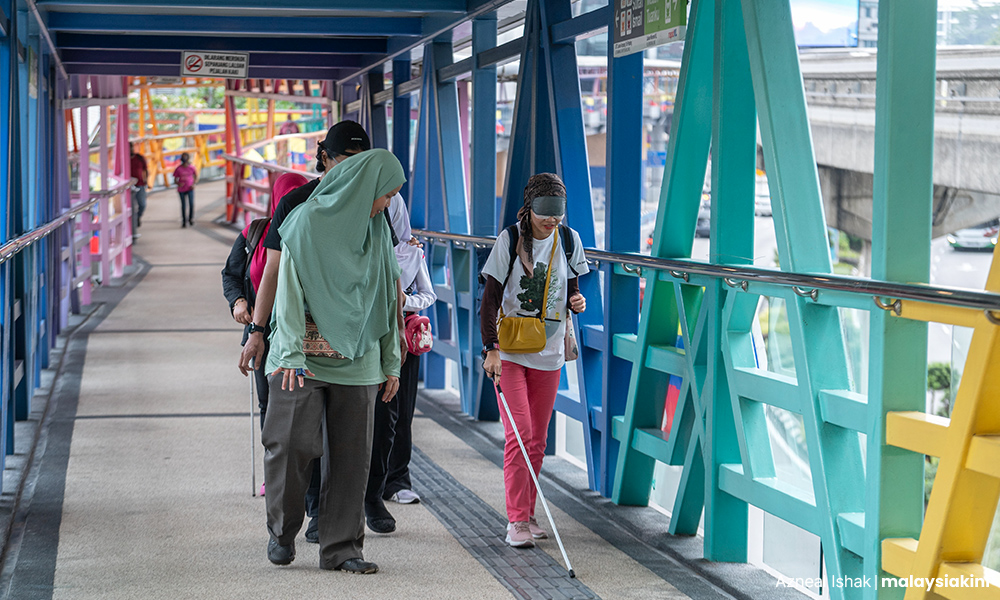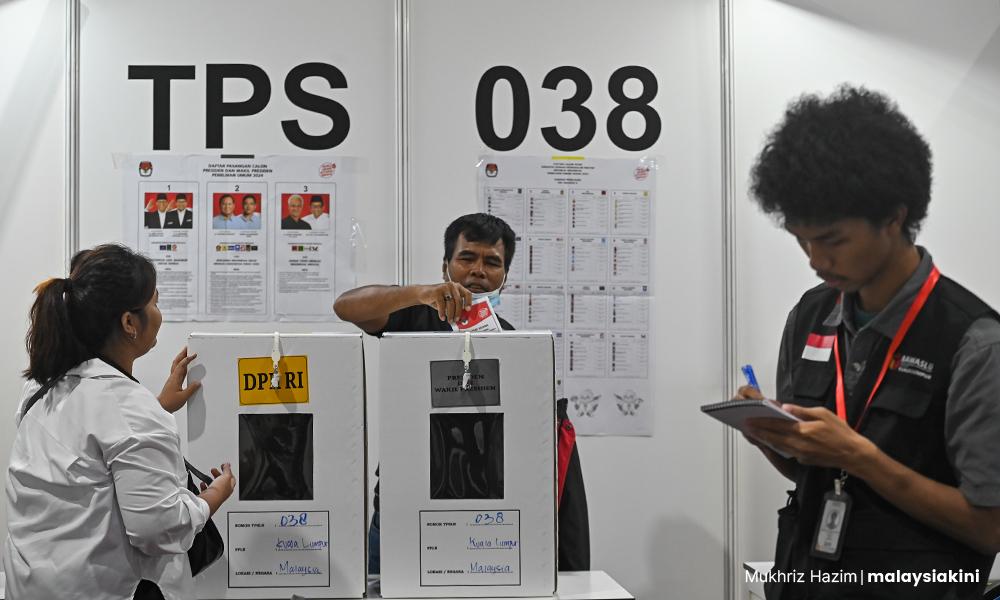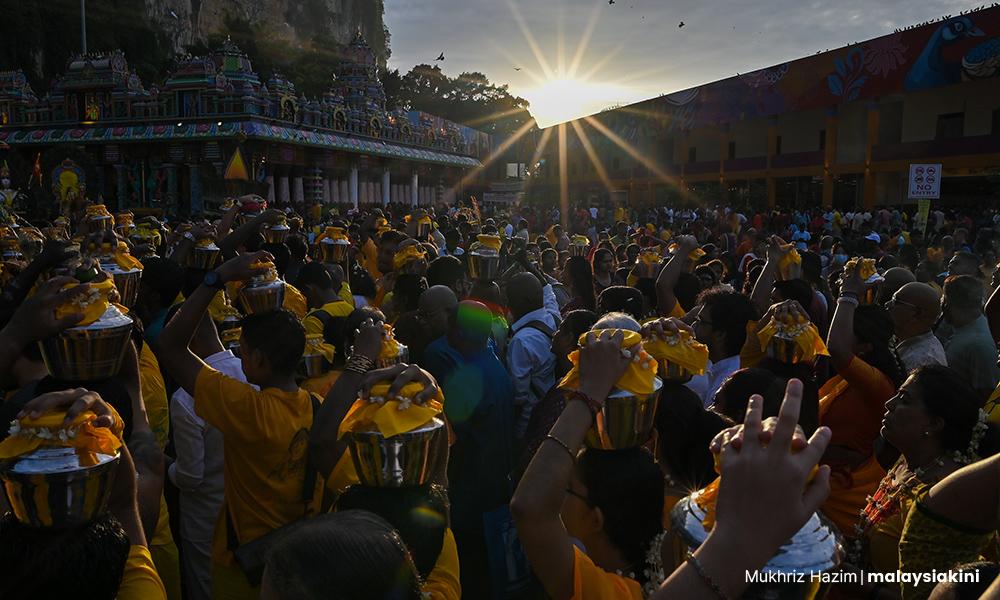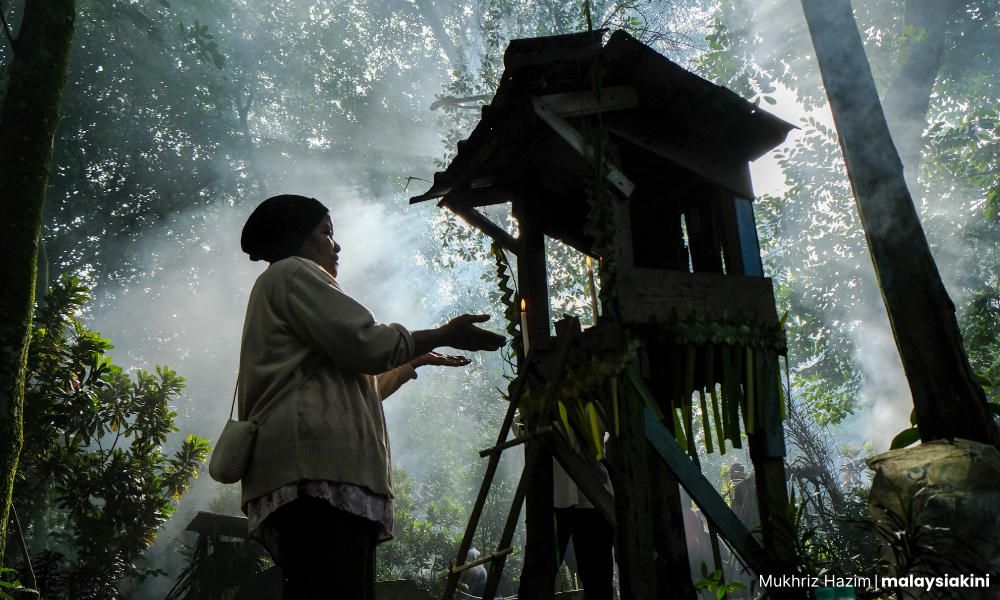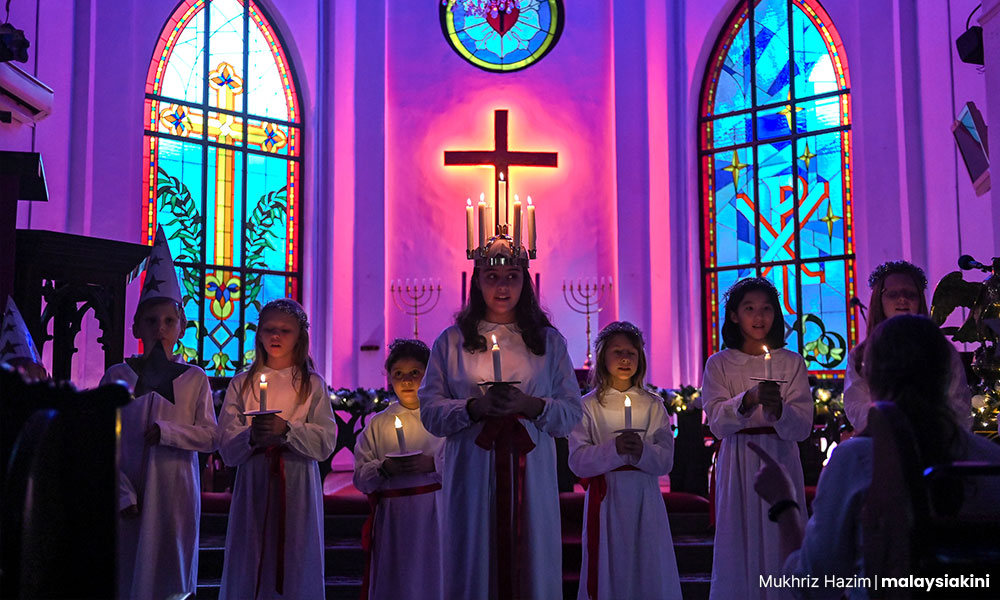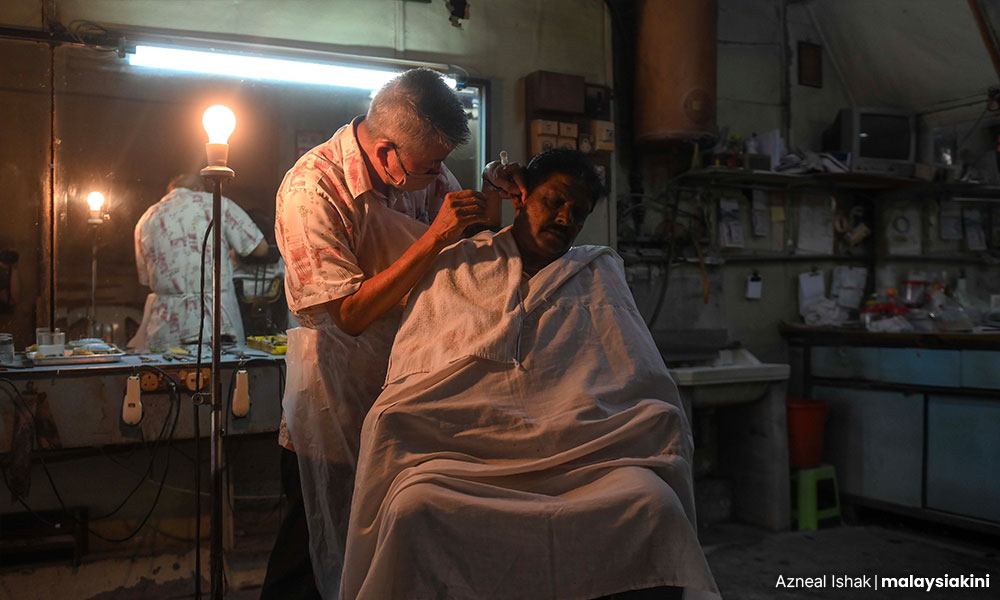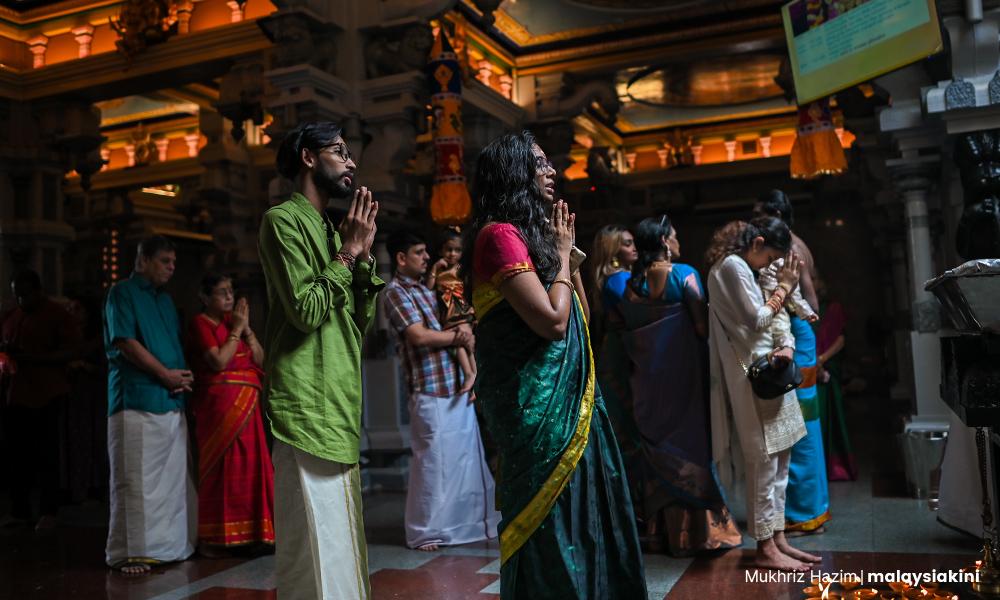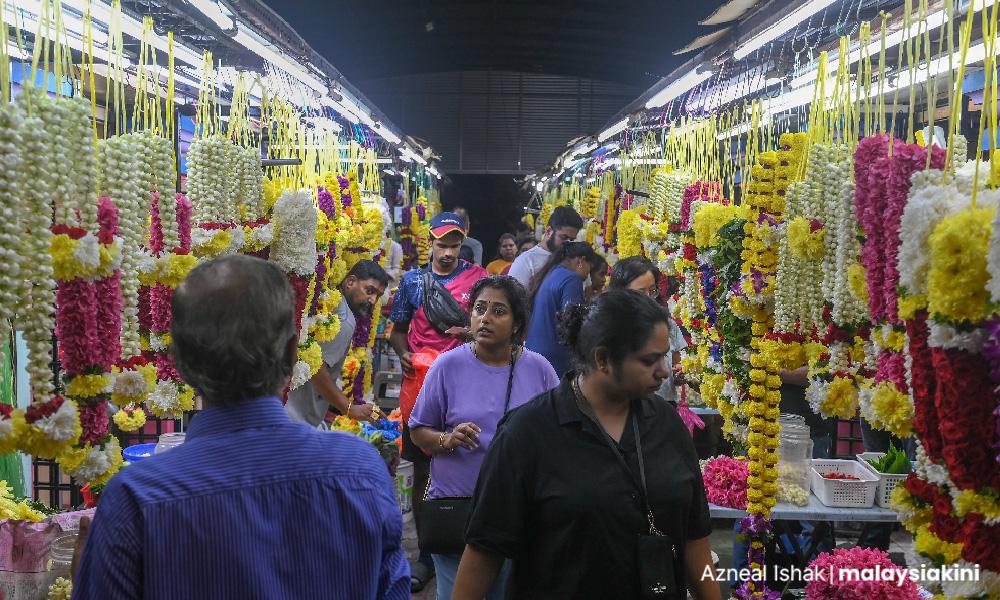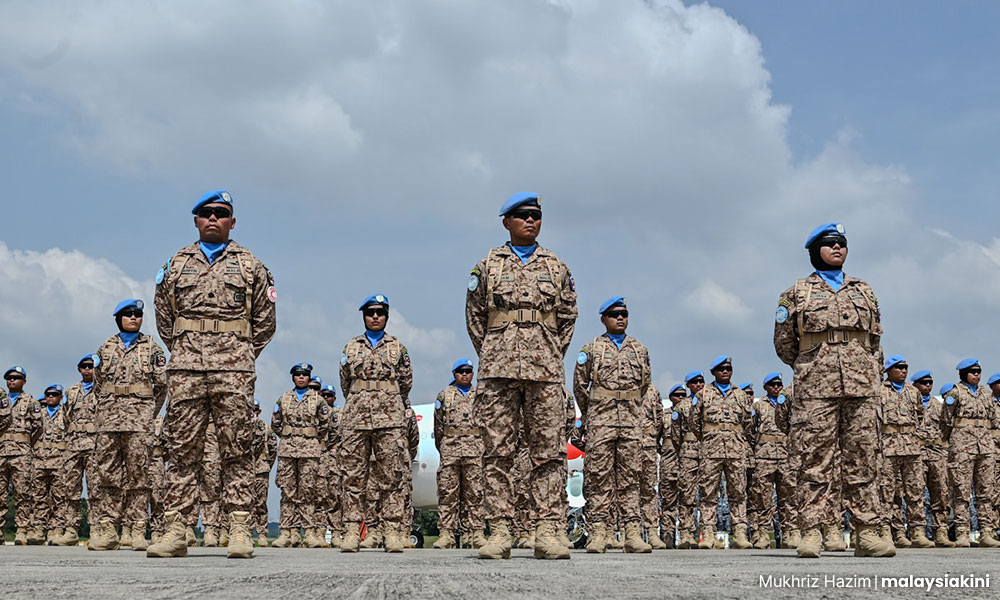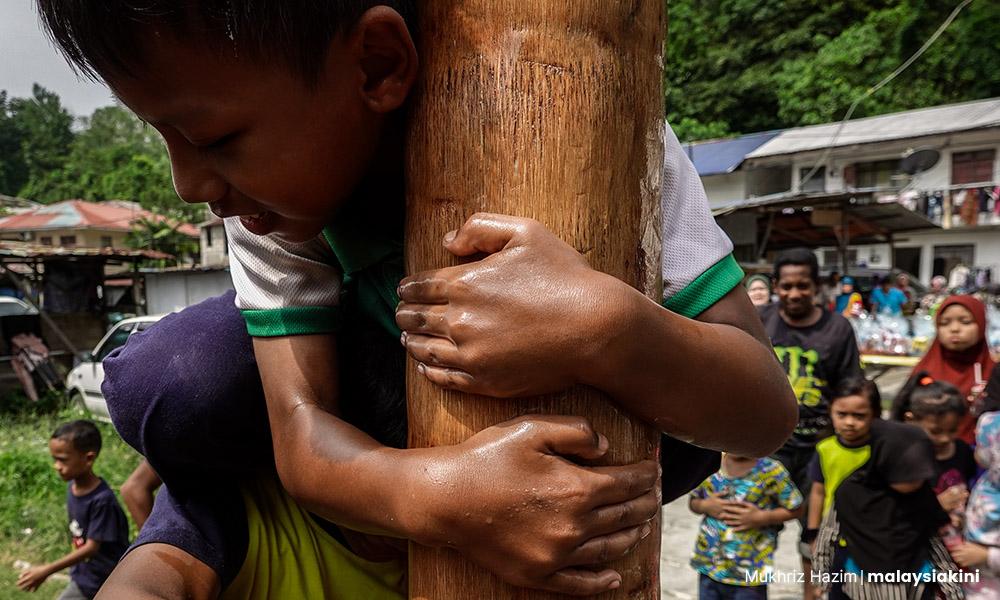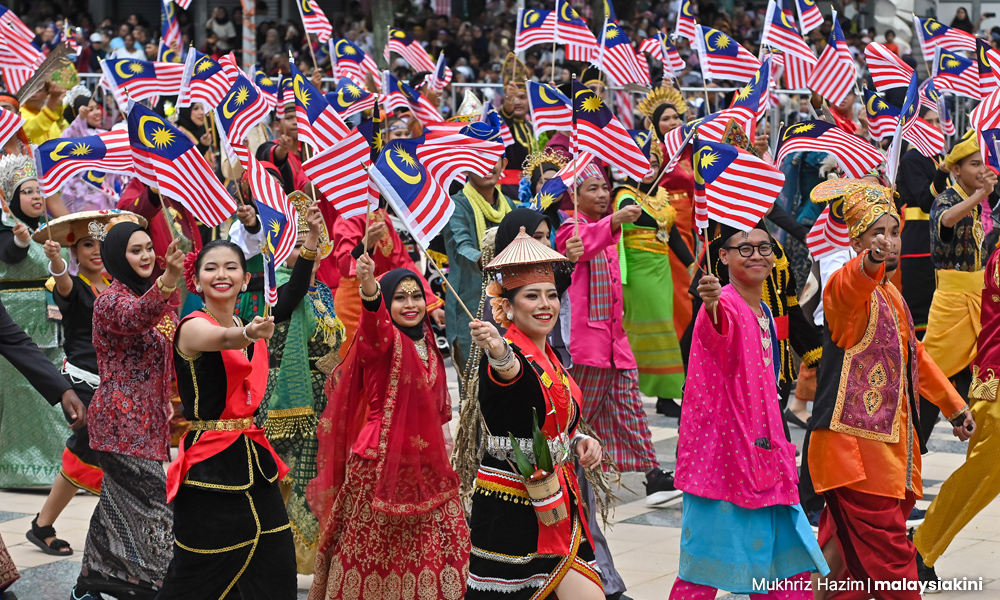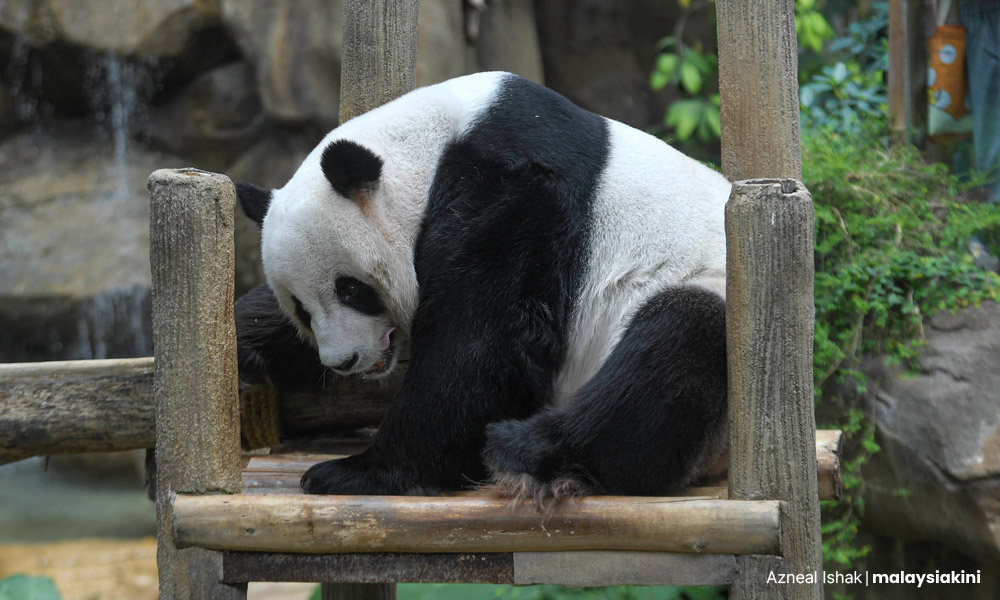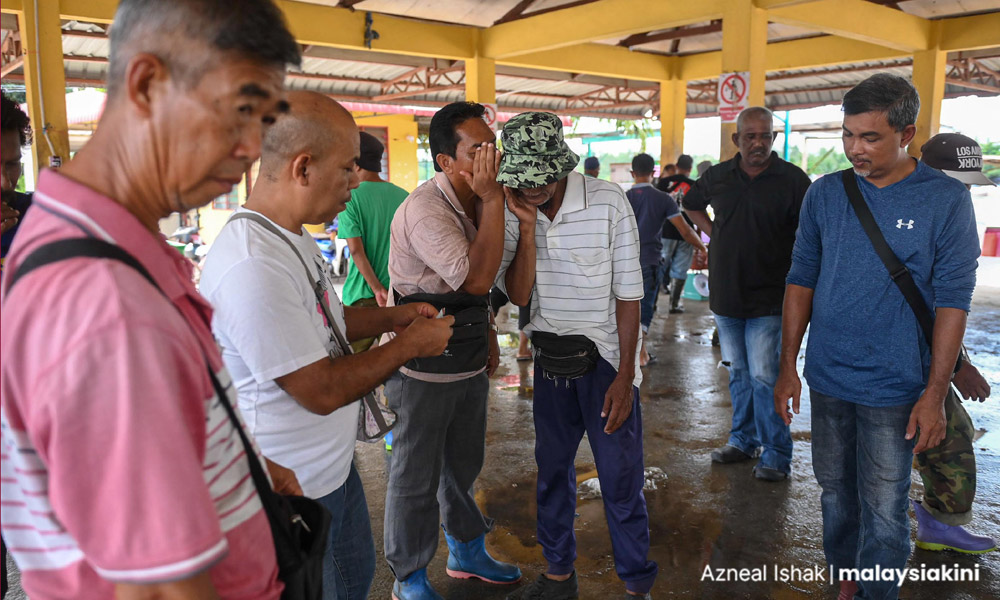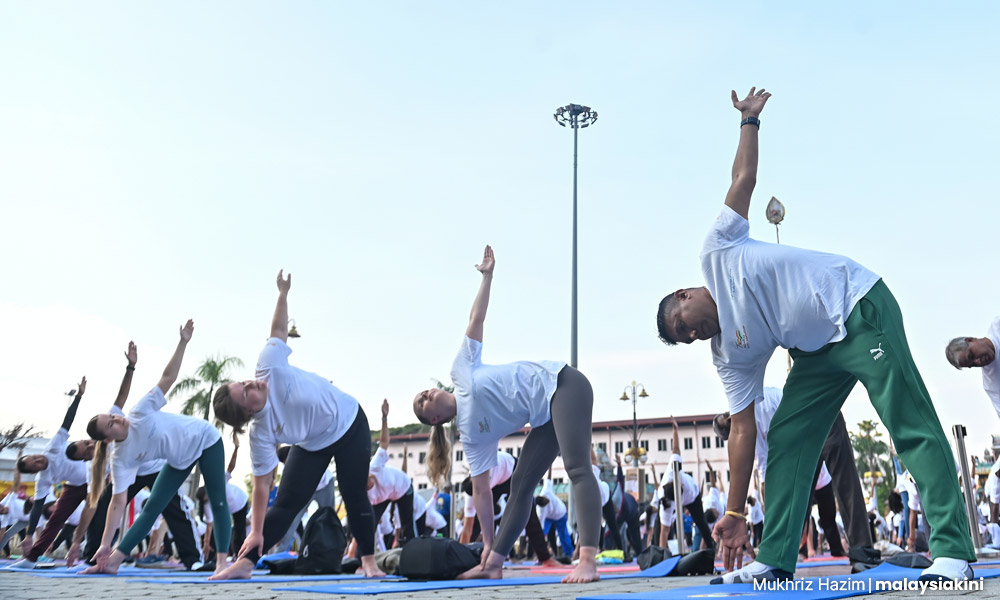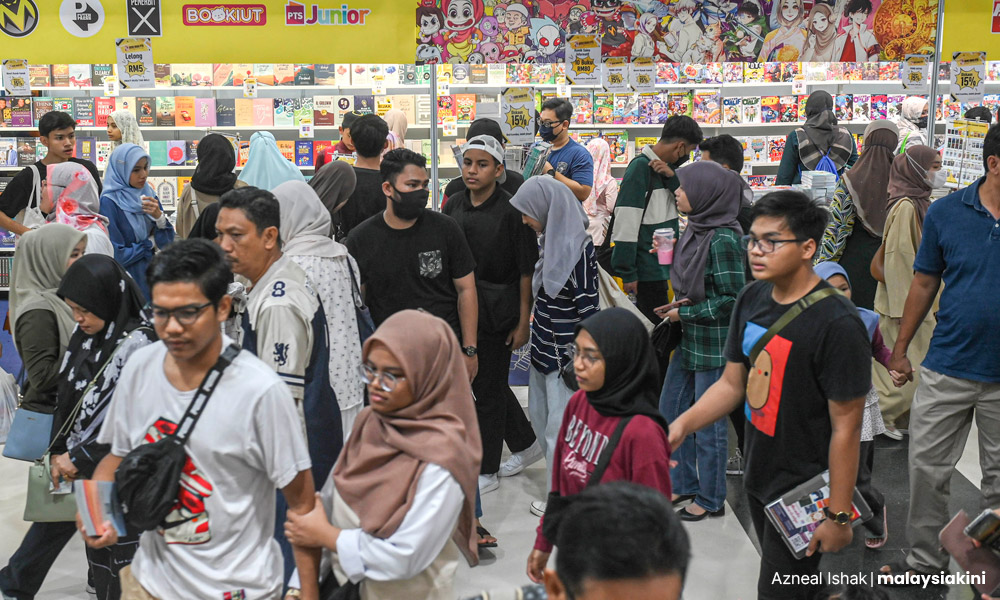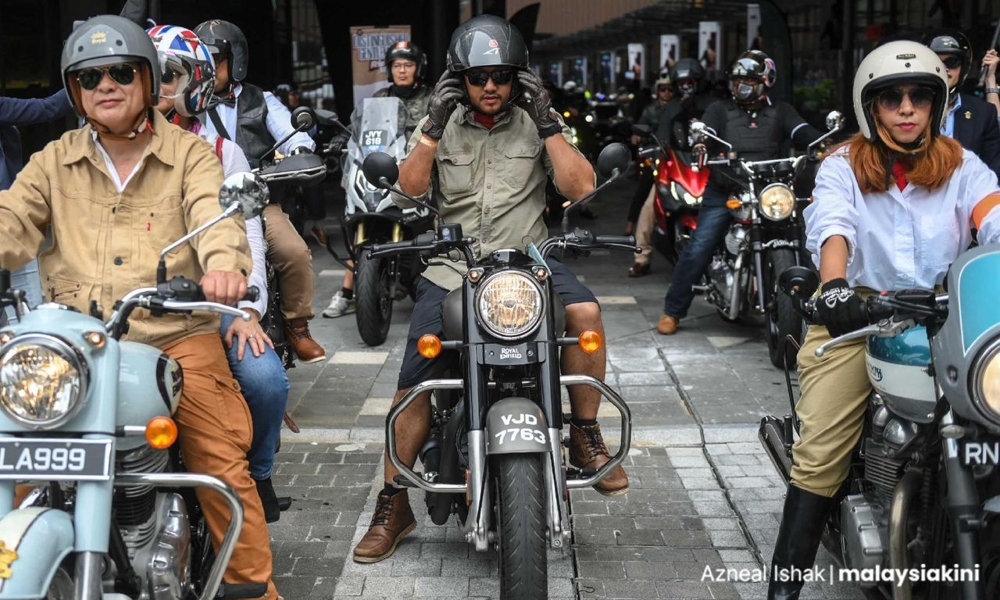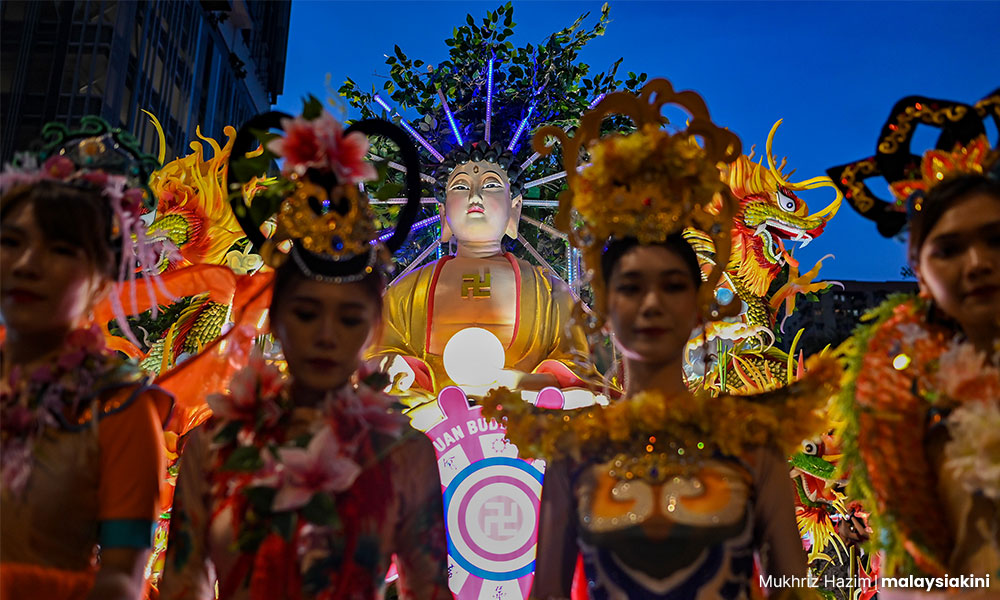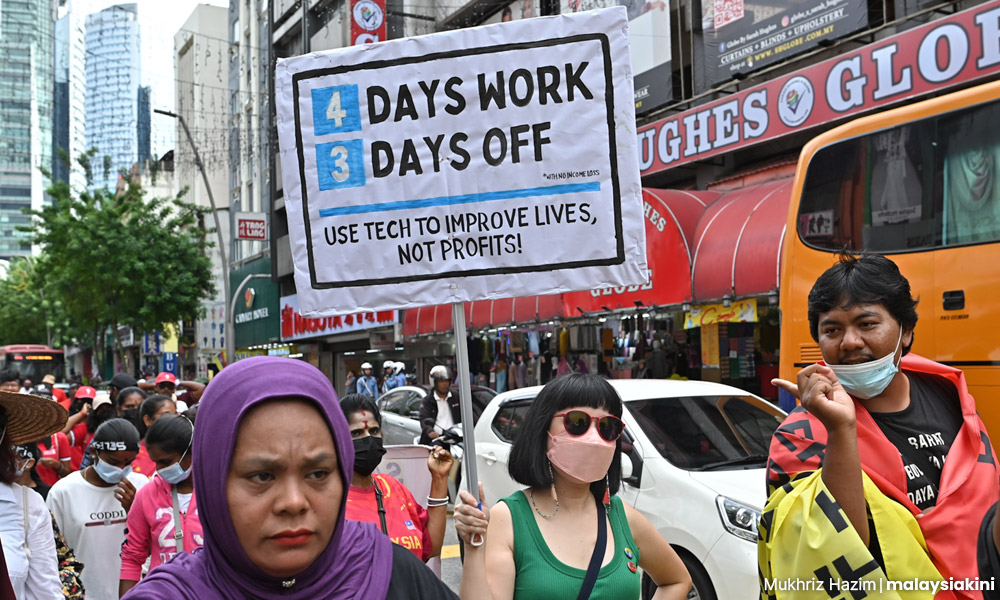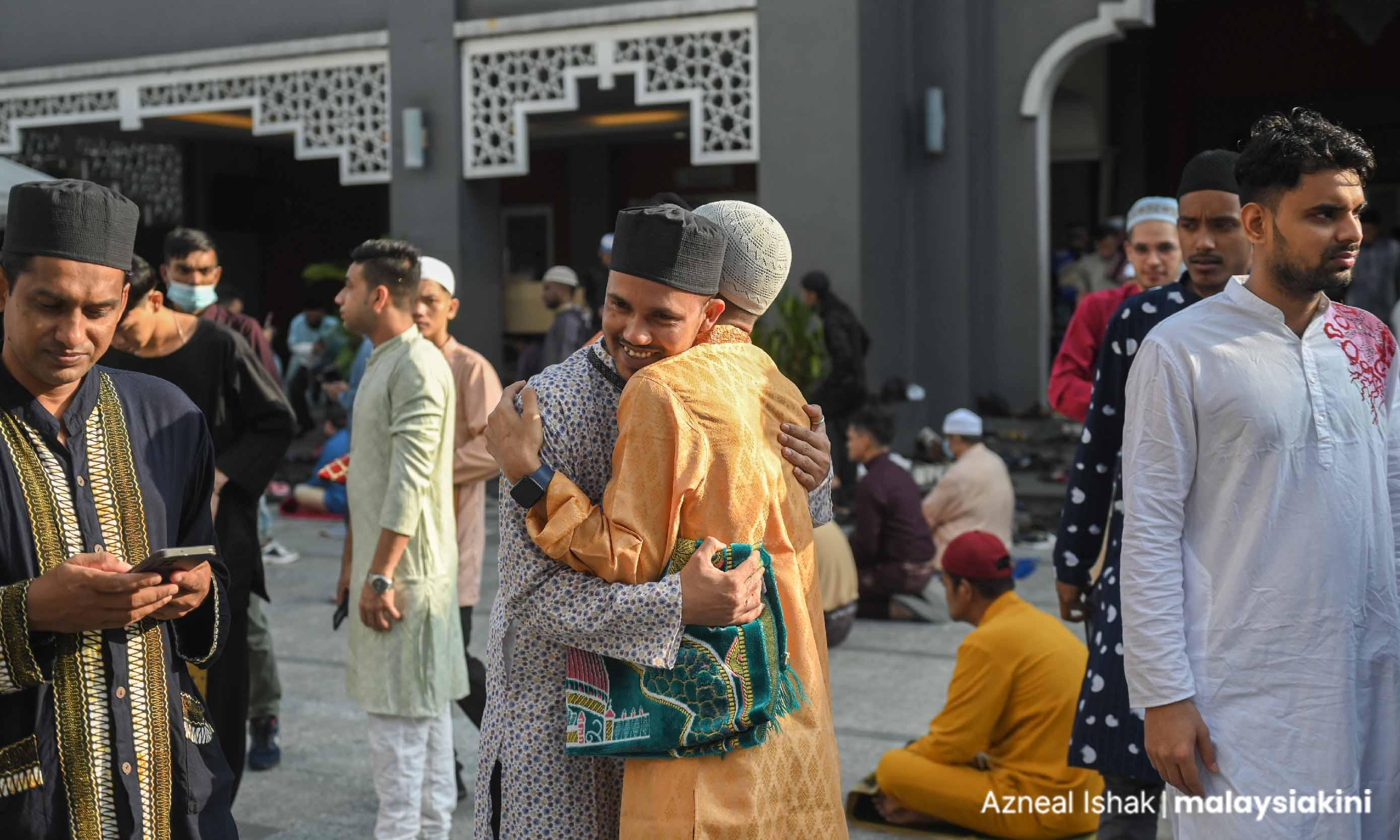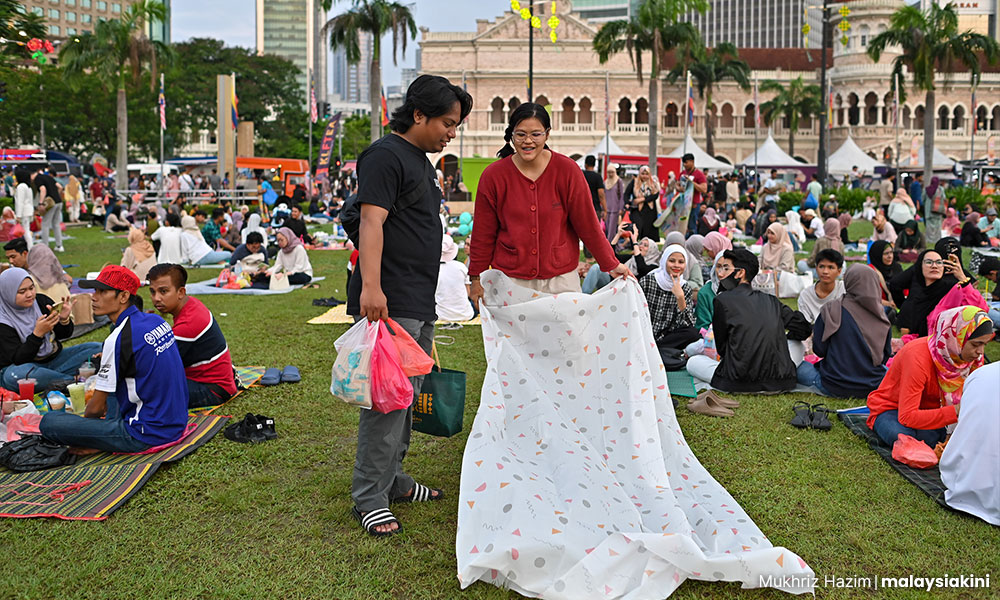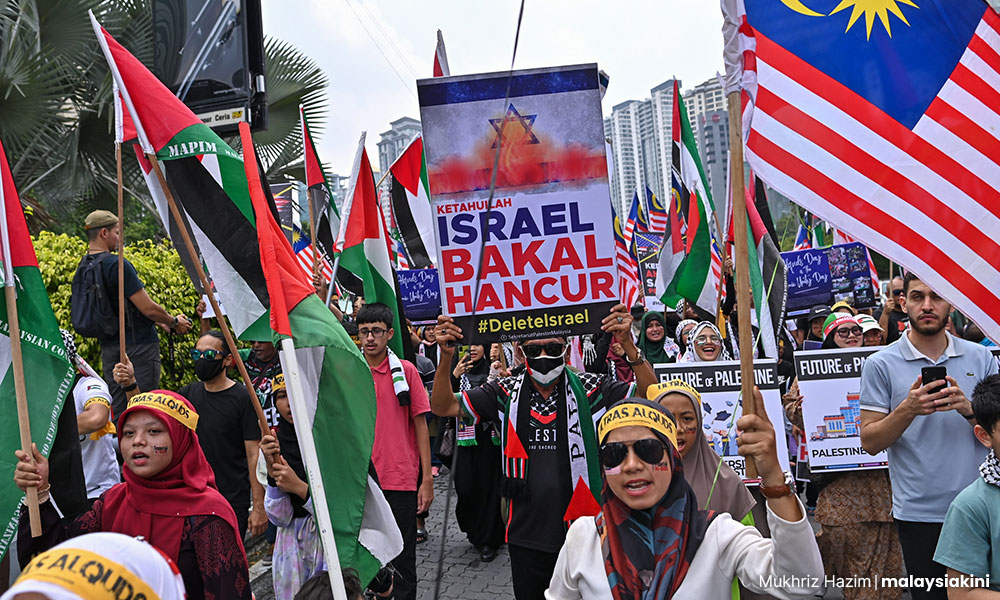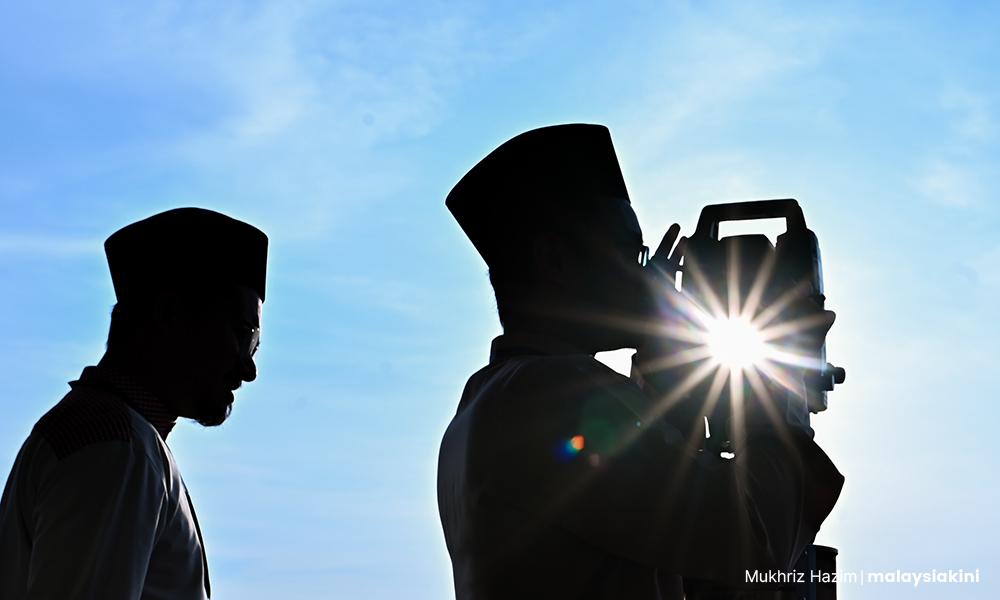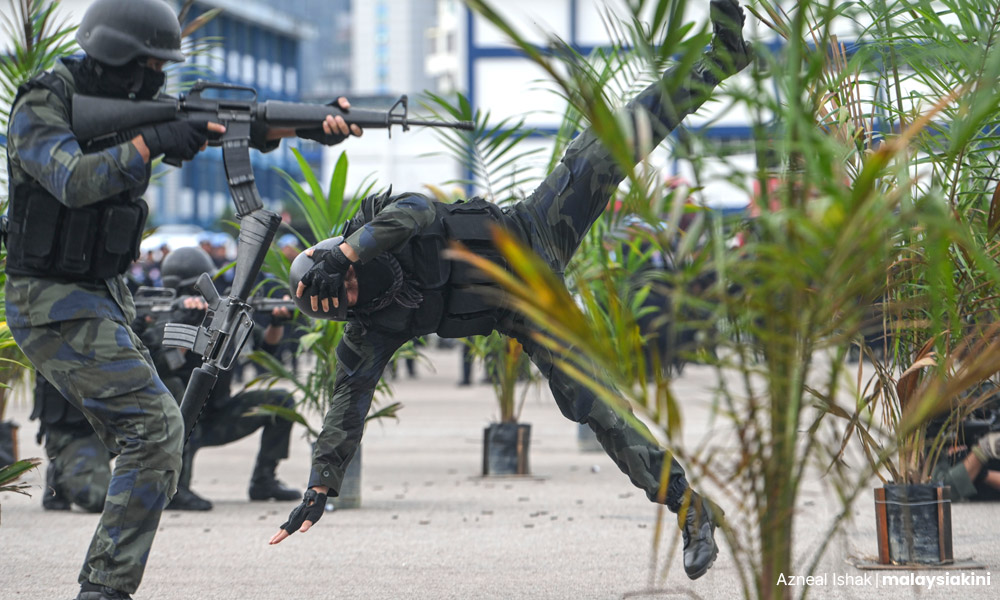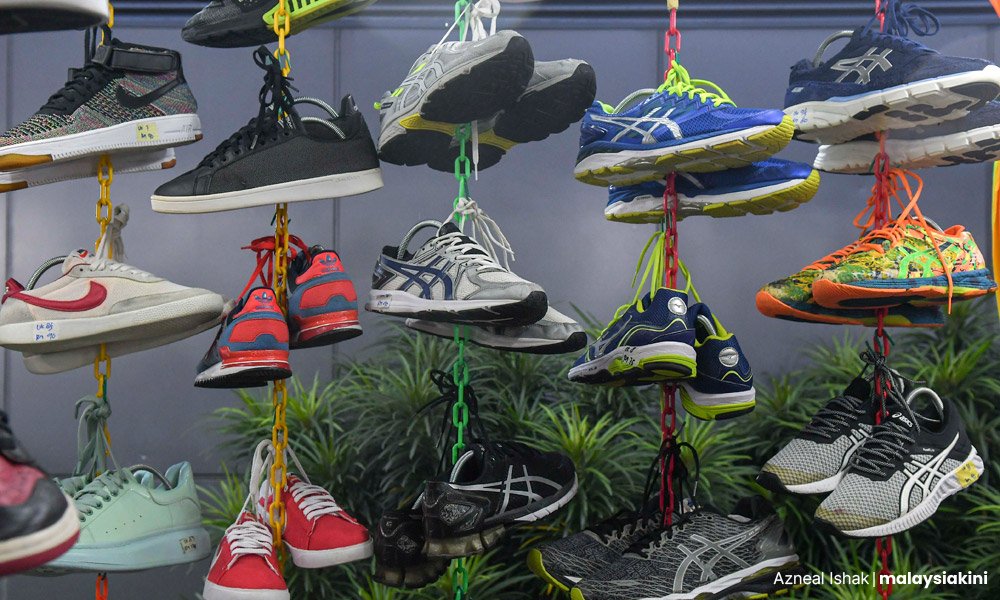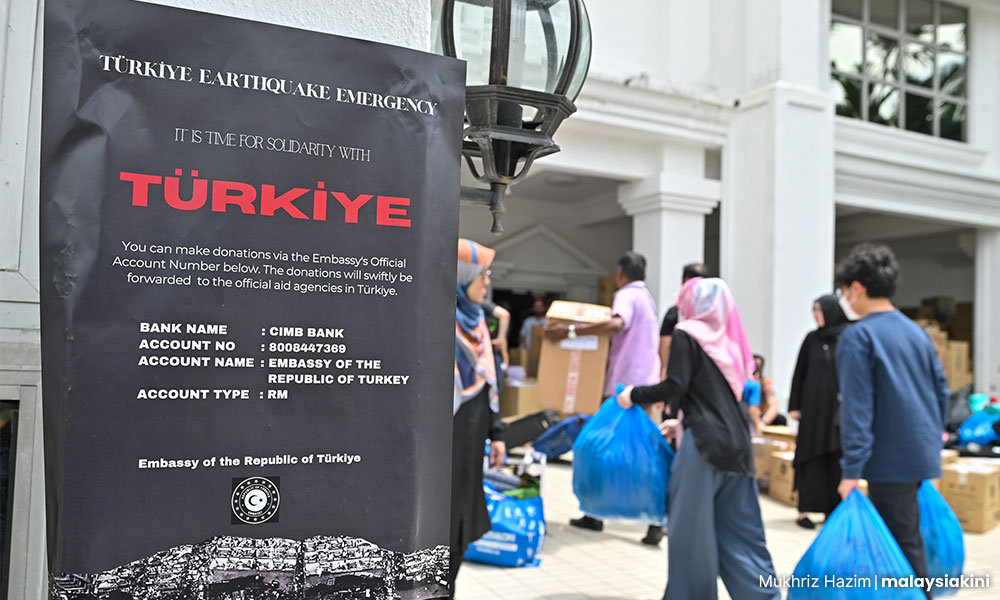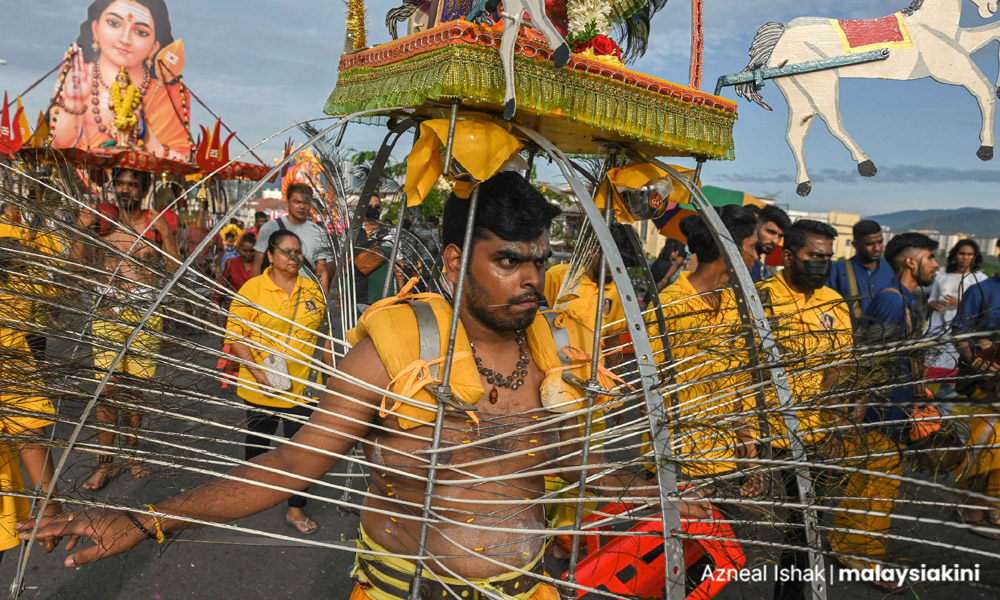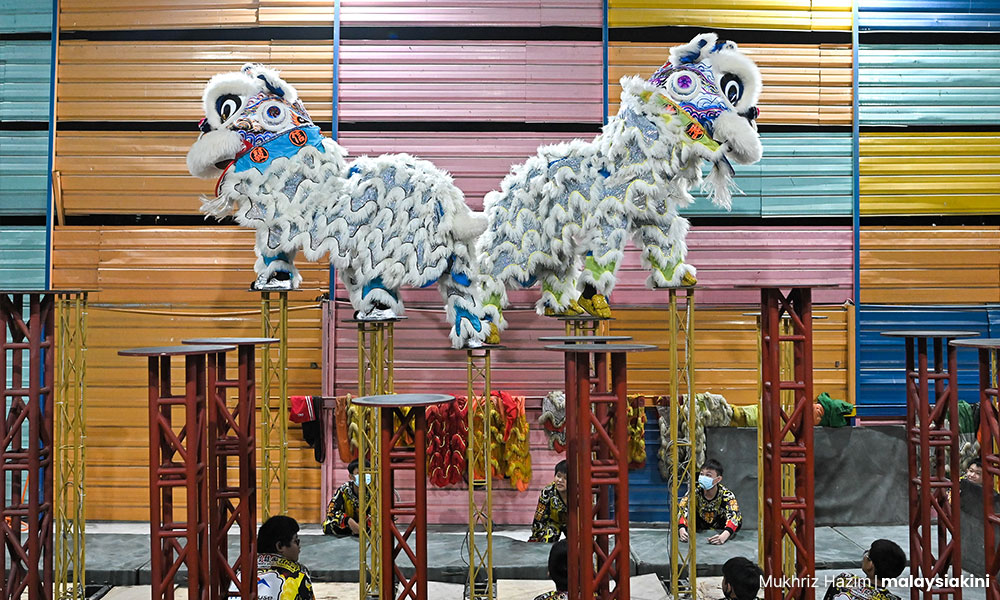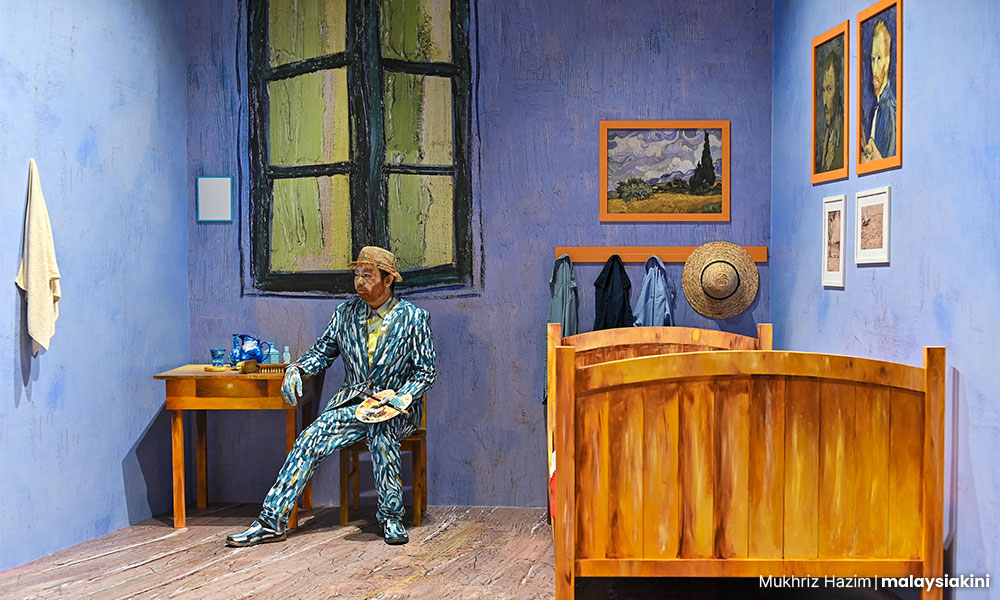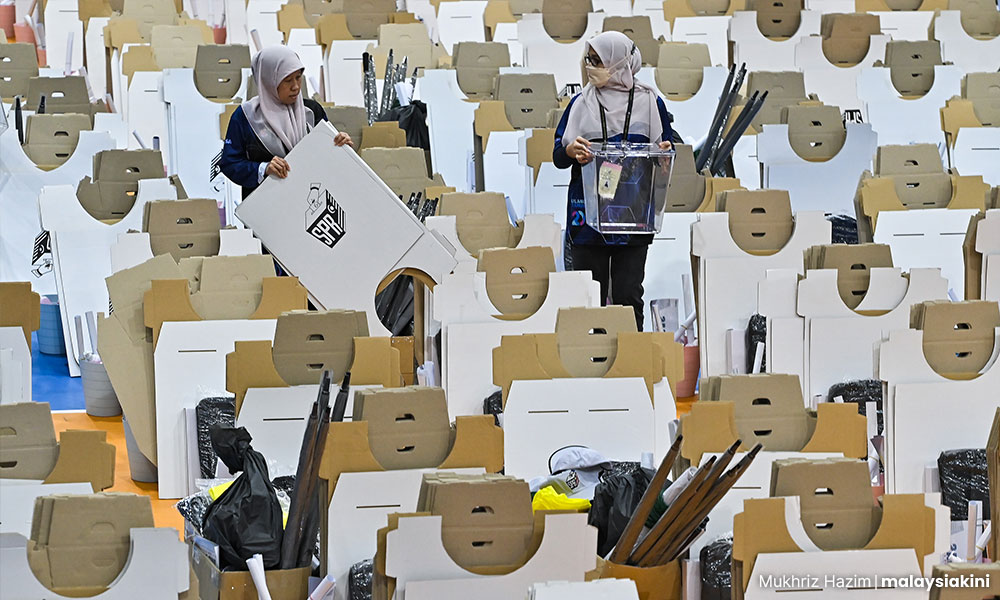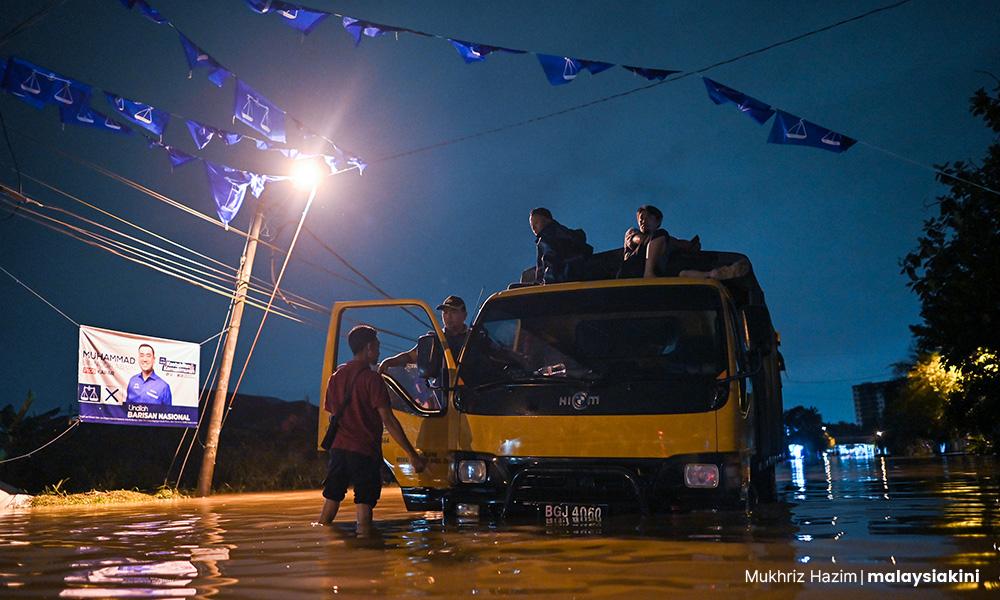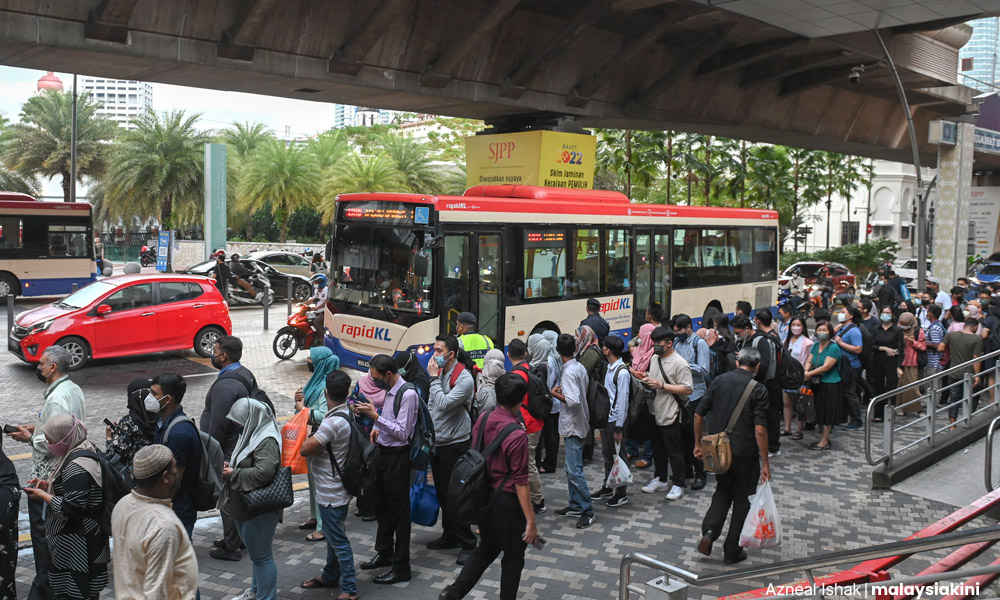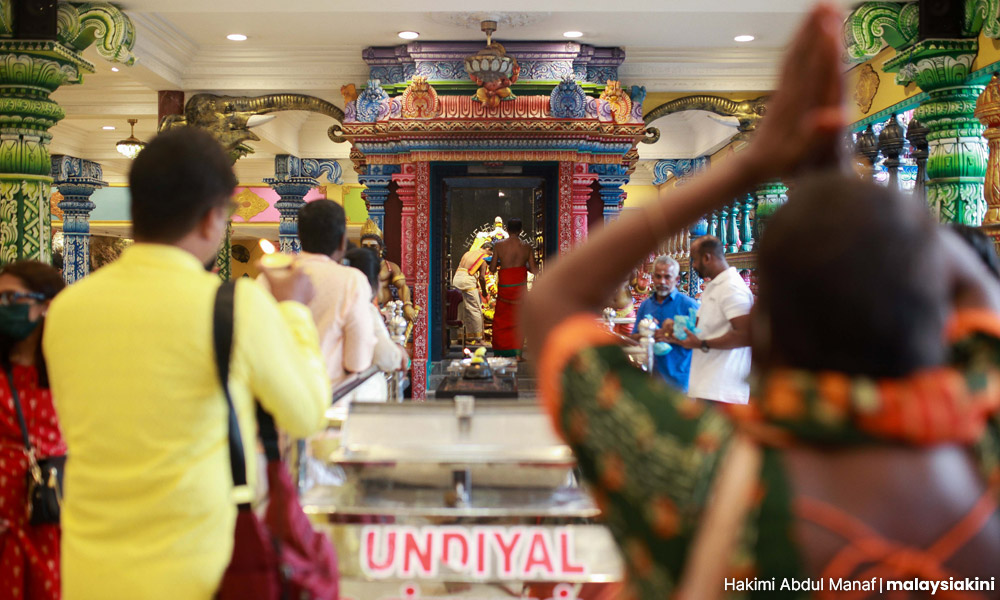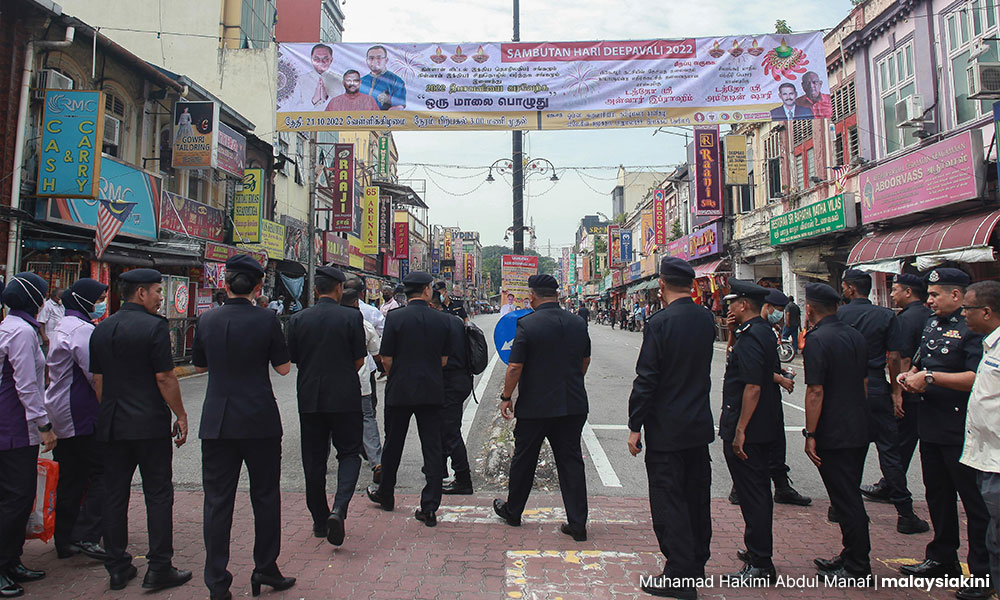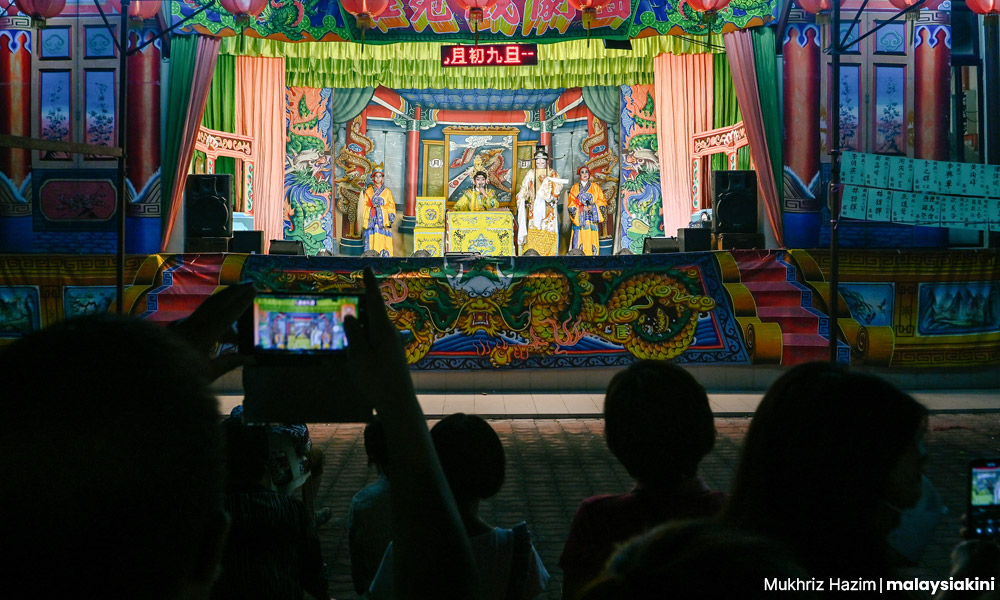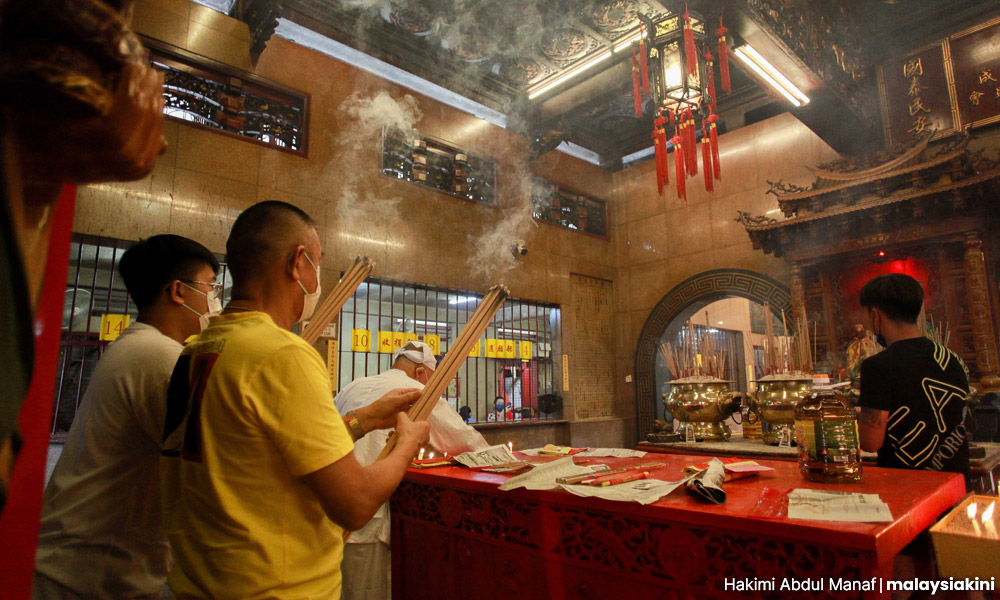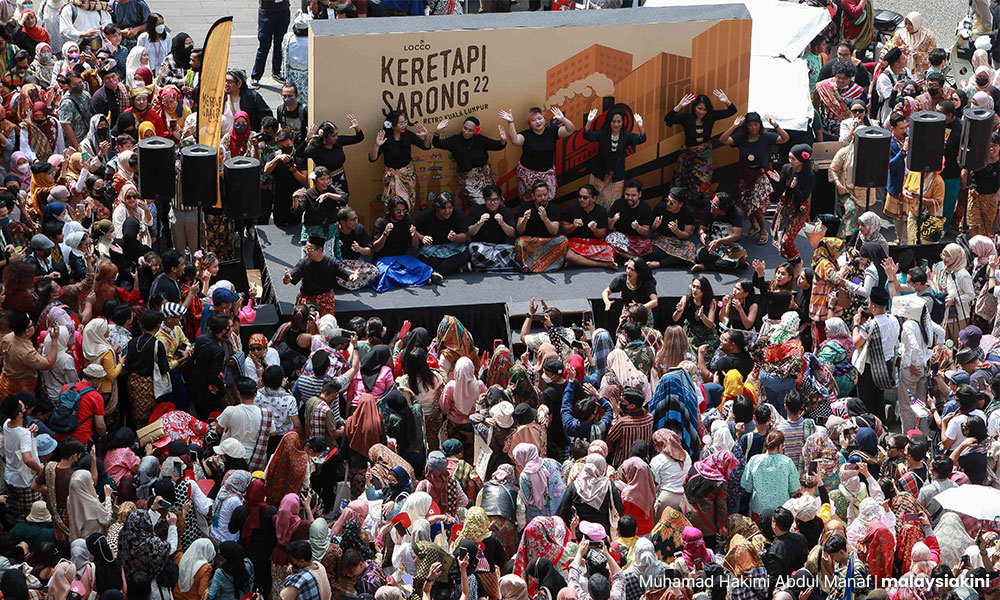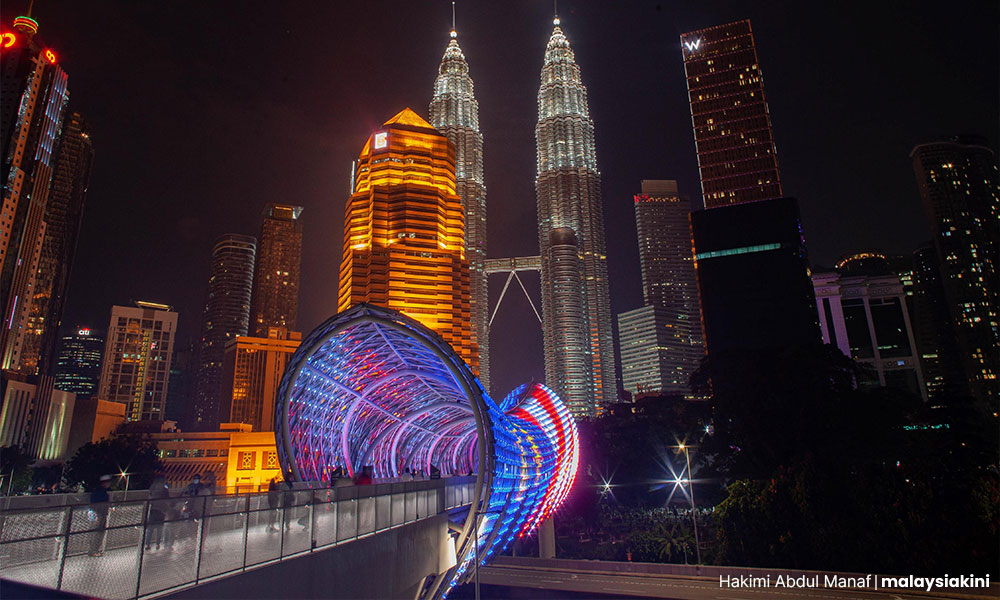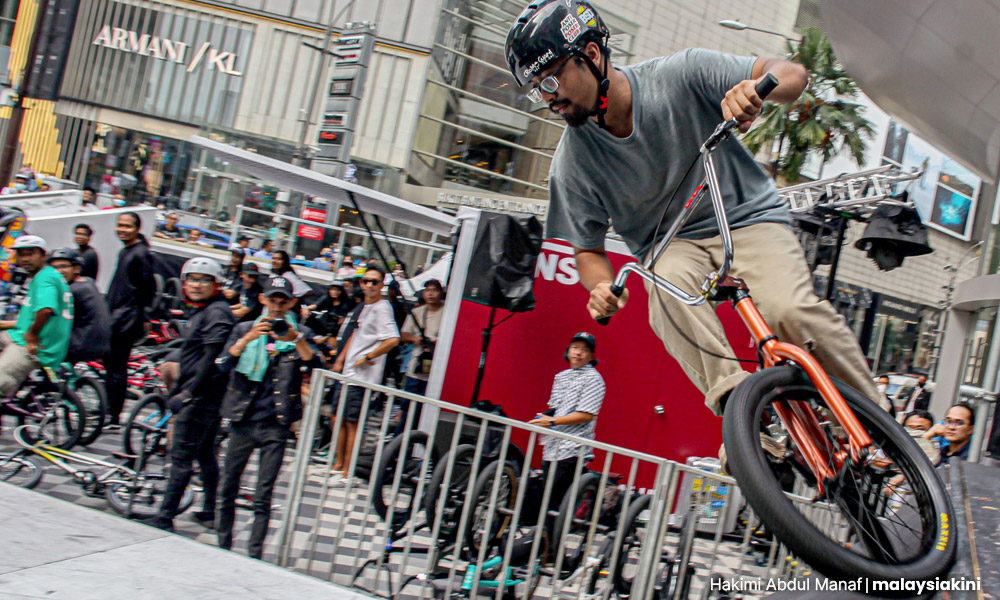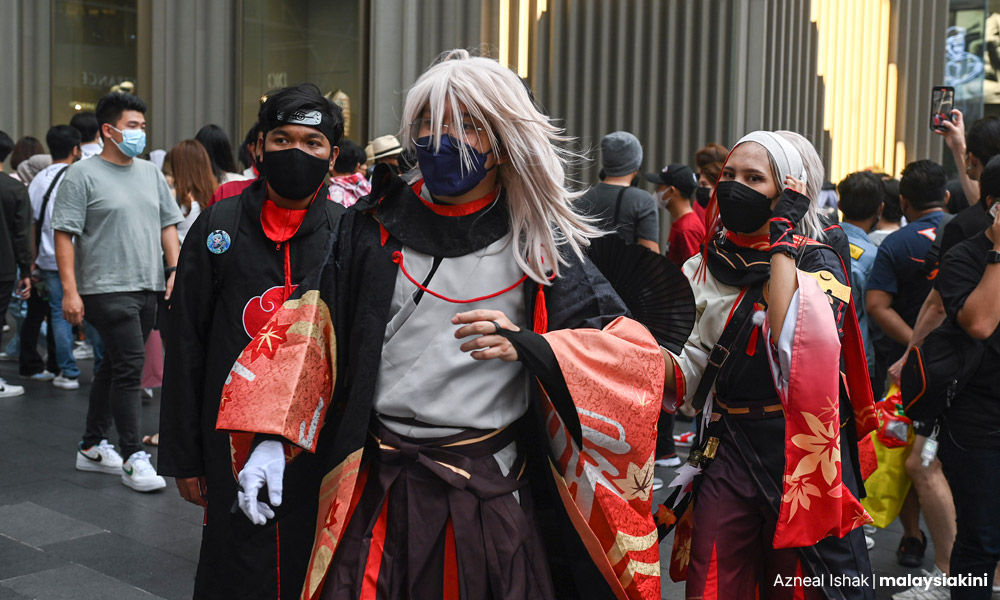The confusion surrounding the standard operating procedures (SOPs) for Chinese New Year has left many scratching their heads, notably on the reunion dinner only in the same household.
The government stated that the family reunion dinner is only allowed among the same members in the same household, but for many, without the visits from family members, this amounts to normal dinner.
Several politicians on both sides have questioned the ban on family visits for the celebration when other business sectors are allowed to open.
Bandar Baru Klang assemblyperson Teng Chang Khim compared the ban to economic activities within a 10km radius.
"Minister, what is the logic? Factories, markets, night markets and hypermarkets are allowed to open, but family members living within a radius of 10km are not allowed to have reunion dinner," the DAP stalwart said in a statement.
Senior Minister (Security Cluster) Ismail Sabri Yaakob announced yesterday that the celebrations in the peninsular states and Sabah will be confined to members of the same household who are living together.
House-to-house visitations, interdistrict travel and interstate travel are all prohibited.
The Sarawak government, however, will decide its own SOP since some parts of the state are under conditional MCO.
Chinese New Year falls on Feb 12 this year and is traditionally celebrated for 15 days.
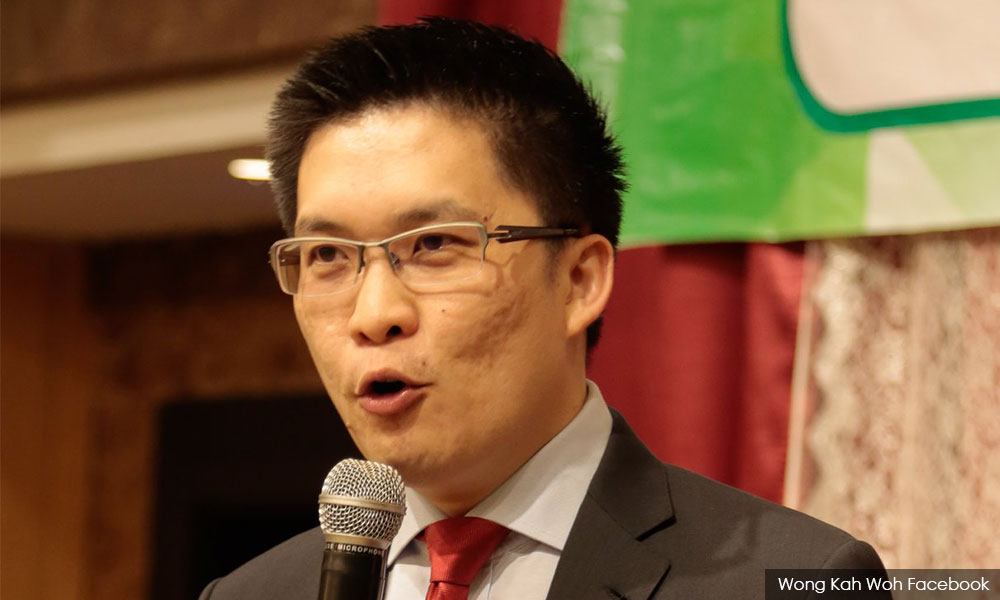
Ipoh Timor lawmaker Wong Kah Woh labelled the SOP as "flawed".
"The SOP is clearly flawed, if not stupid.
"You can go to work and have lunch in your office with your colleagues, but you cannot go to your parents' house to have a reunion dinner, although they might only be staying a few doors away from you," Wong said in a Facebook posting yesterday.
National Unity Deputy Minister Ti Lian Ker also took to social media to vent his frustration on the SOP.
"This SOP must be quickly withdrawn and rectified. This is not an SOP but a forbidden city," said the MCA senator.
Likewise, DAP stalwart Lim Kit Siang wants the government to withdraw the SOP.
"No one disputes that there is a need for a Chinese New Year SOP in the war against the Covid-19 pandemic, but definitely not this Chinese New Year SOP, which was announced by Ismail Sabri yesterday.
"The Chinese New Year SOP should be withdrawn and be replaced by one which is sensitive to the need to regain public confidence, trust and support of all Malaysians in the war against the pandemic," Lim said in a statement.
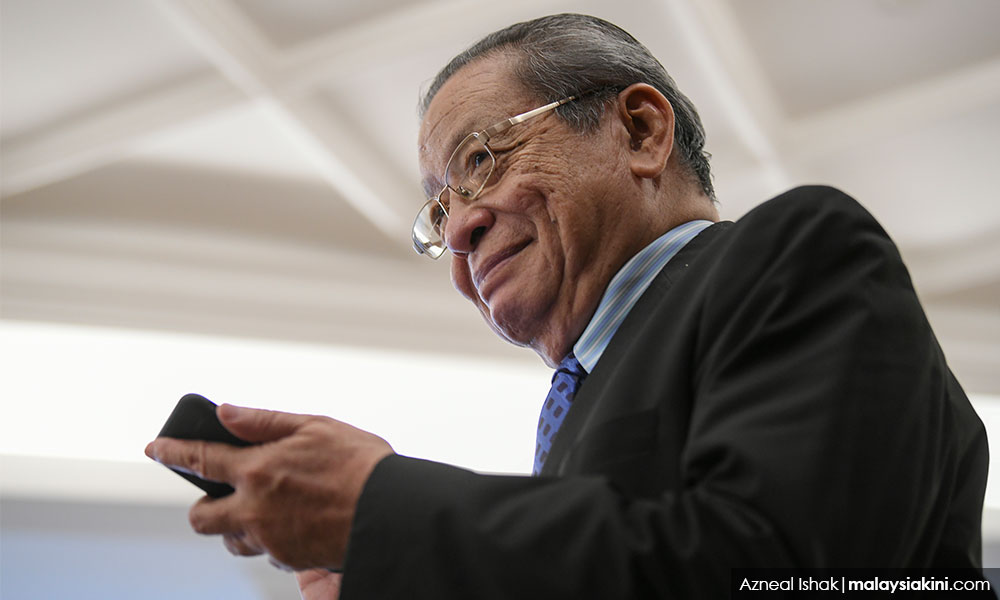
Other restrictions which were announced yesterday include the prohibition of prayers at temples, except for up to five members of the temple committee.
Events such as lion dances, opera performances and Chingay parades are prohibited.
DAP secretary-general Lim Guan Eng pointed out the inconsistency across the SOP indicated that the government has not fully consulted all parties.
"It is ridiculous that pasar malam (night markets) is allowed but not family visits merely because they live in different houses within the same district.
"Further, there is also unhappiness that prayers at temples are prohibited except for up to five members of the temple committee when currently more people are allowed for other religious practices," said the Bagan MP.
DAP Youth national vice-chief Muhammad Shakir Ameer asked if the authorities would take action against those who visit family members during the celebration.
"How will there be enforcement if they decide to gather anyway? Are the authorities planning to raid every Chinese household in the country? It doesn't make sense," said Shakir, whose wife is Chinese.
He also compared the ban on family gatherings to night market activity.
"How is opening up pasar malam is less dangerous than family gatherings? Families might as well gather in the pasar malam just to spend time with each other," he said.
Meanwhile, in a sarcastic jab regarding the SOP, comedian Dr Jason Leong said his family and extended relatives will meet up anyway.
"At the nearest pasar malam," he quipped.
Unlike MCO 1.0, the renewed measures this year have been more lenient by allowing more sectors of the economy to operate to strike a balance between the livelihood of the public and containing the Covid-19 outbreak.
MCO 2.0 has been imposed after a spike in Covid-19 cases since November last year.

